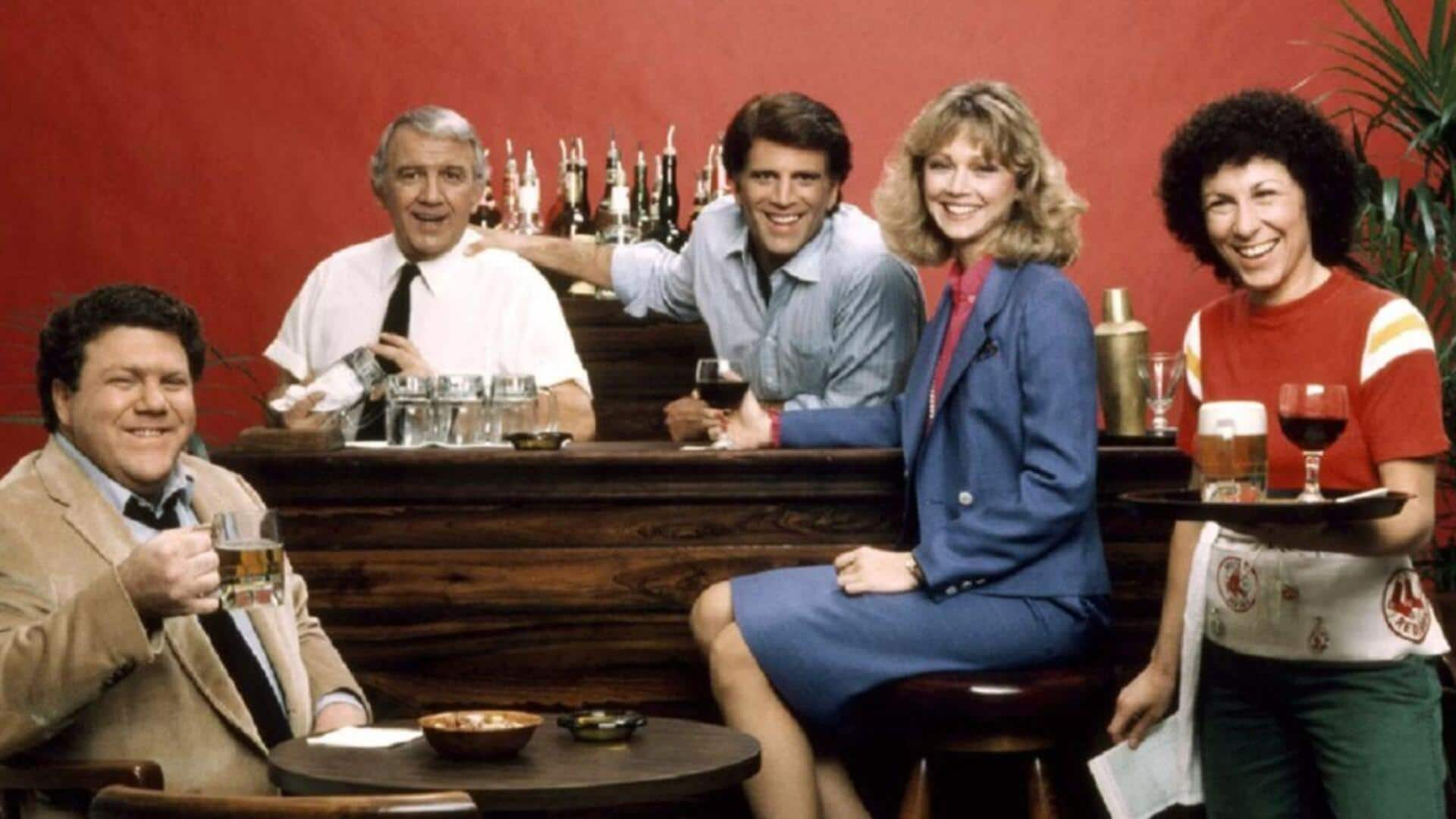
The show that raised a glass to American values: 'Cheers'
What's the story
The television show Cheers is the epitome of American culture, embodying the spirit of community and friendship. From a bar in Boston, it grew to become a cultural phenomenon between 1982 and 1993. The ability of the show to mirror the societal norms and values made it relatable to many across the United States. Here are five times Cheers encapsulated the spirit of America through storytelling and character dynamics.
Financial humor
Norm's bar tab
Norm Peterson's running bar tab also became an iconic part of Cheers. His never-ending stay at the barroom brought to light the financial woes of many Americans at the time. The joke about his tab was a tongue-in-cheek take on the struggles of keeping up with finances, one that rang true for viewers who knew the fine line between living life to the fullest and spending it all.
Romantic dynamics
Sam and Diane's relationship
The on-again, off-again romance between Sam Malone and Diane Chambers was at the heart of Cheers. Their push-and-pull dynamic highlighted the ups and downs of a romantic relationship, something most Americans could relate to. Not only did it make for a great story, but it also showed viewers their relationship problems in Sam and Diane's story.
Family values
Carla's family life
Further, Carla Tortelli's character brought to the fore family dynamics in American homes. As a working single mother struggling to raise kids and make ends meet, Carla was the embodiment of resilience and determination. Her arc underscored themes of family values, hard work, and perseverance, which are the heart and soul of American culture.
Intellectual curiosity
Cliff's trivia knowledge
Cliff Clavin's love for trivia added an intellectual layer to Cheers. His endless supply of random facts often sparked conversations among patrons at the bar. This aspect of his character celebrated intellectual curiosity, a trait valued in American society, and encouraged viewers to appreciate knowledge in everyday life.
Rural representation
Woody's small-town charm
Woody Boyd brought small-town charm to the urban setting of Boston with his character on Cheers. His innocence and straightforwardness were a contrast to city life, representing rural America within the urban narrative. Woody's presence was a reminder of simpler lifestyles seen in small towns across the country.